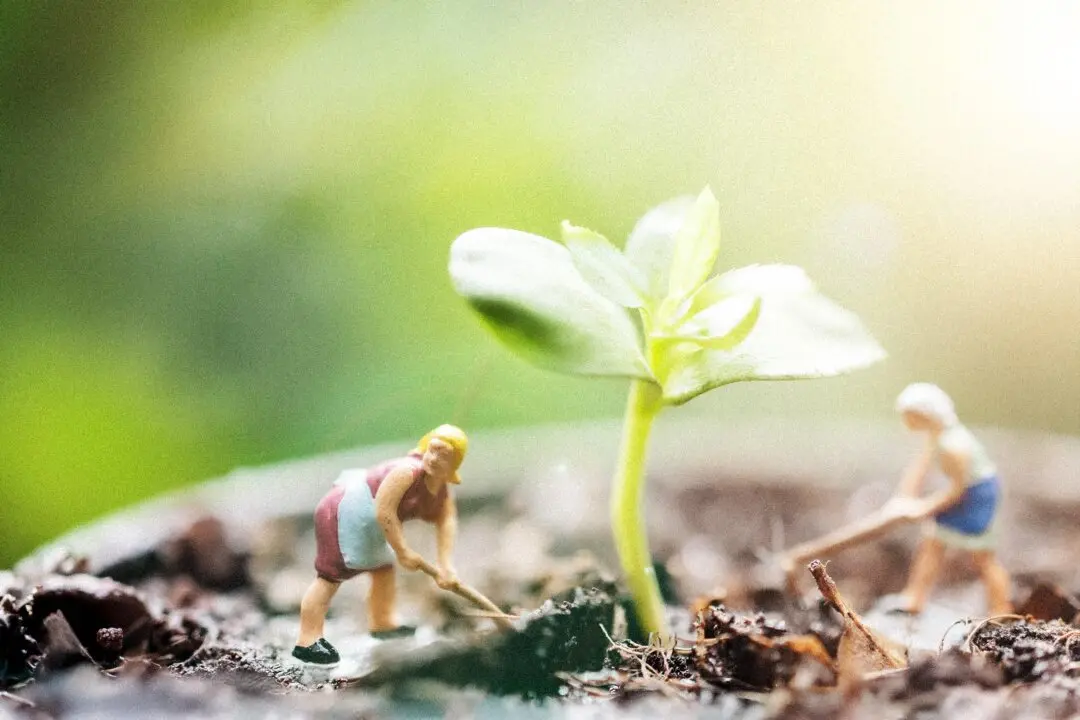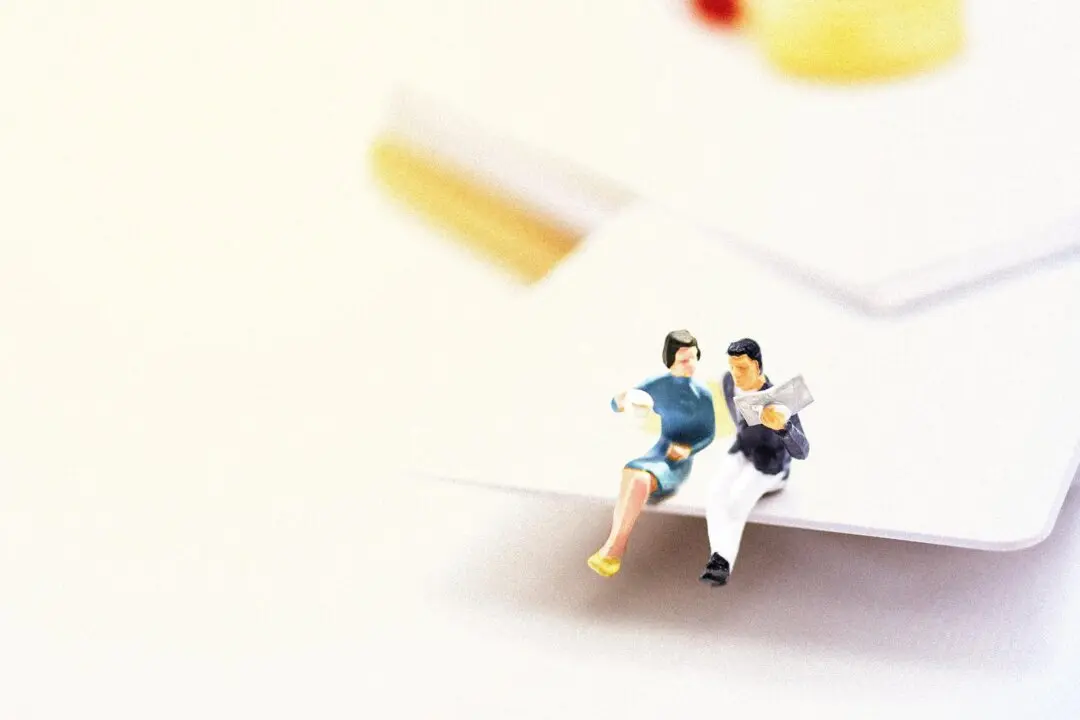One of my favorite things is to find life-changing ideas that are hidden in plain sight. It’s far easier than you might think. These ideas are usually called “common sense.” Everyone knows they’re good ideas, but what they miss is that they are actually great ideas. The magic is in taking these simple ideas seriously and applying them with determination.
One common sense, but potentially life-changing, idea is that the best way to make a change in your life is to start small and choose just one area to change at a time. Do that, and you can avoid becoming an enthusiastic starter.






